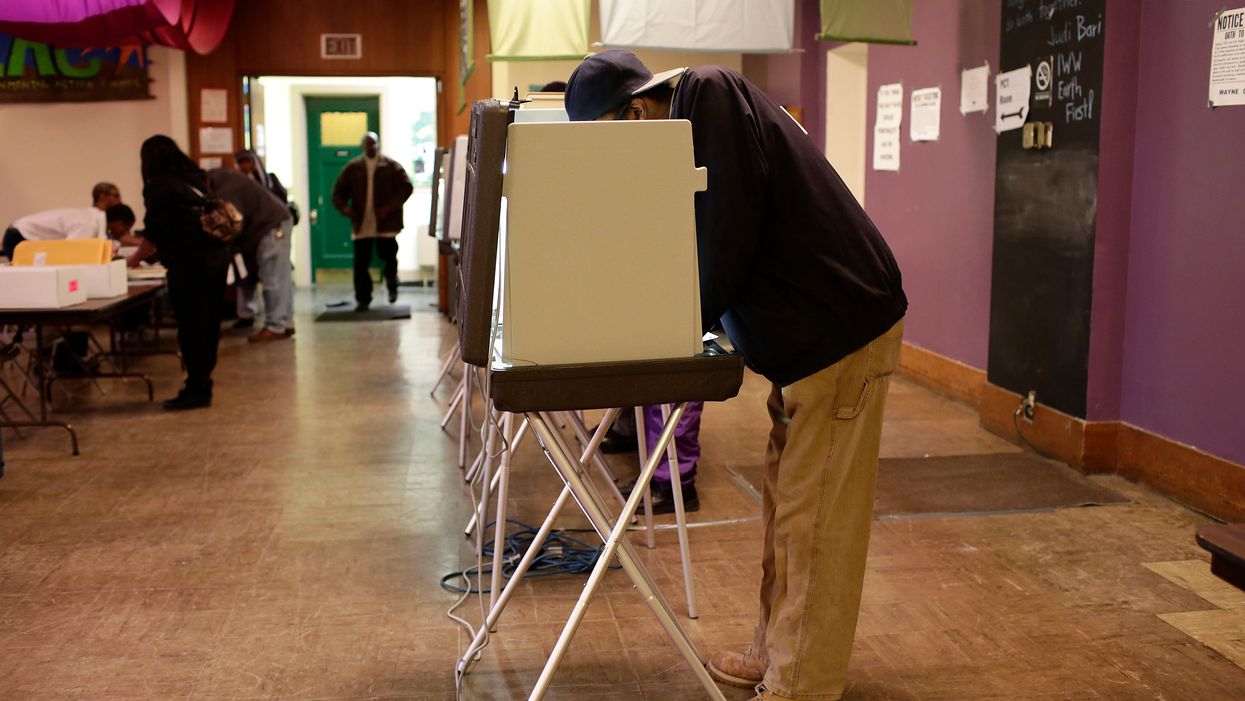A right-leaning group that focuses on cleaning up voter registration rolls has sued Detroit election officials after identifying more than 2,500 dead people who are registered to vote.
More than half the people identified by the conservative Public Interest Legal Foundation have been dead longer than a decade, nearly 900 have been dead more than 15 years more than 300 for greater than 20 years. The group even found one registered voter with a birth date listed as 1823, before Michigan became a state.
In addition, foundation researchers discovered what appeared to be duplicate and triplicate registrations for individuals, using different addresses.
The suit claims the city has violated the National Voter Registration Act by failing to properly maintain the voting rolls.
Such poorly maintained lists undermine the integrity of the elections in the city, the suit alleges. It asks the court to find the city in violation of federal law and mandate that Detroit develop and implement a list maintenance program.
The number of improper names on the Detroit rolls represents only a fraction of the total count of registered voters. The lawsuit claims 500,000 were registered in the city in 2016, but those are not the most recent figures. The broader Wayne County elections office says 473,000 were registered for the 2018 midterm. And the foundation has been criticized previously, for what some liberal groups believe is misleading fearmongering that in turn creates a genuine opportunity for voter fraud.
Christian Adams, the general counsel for the foundation, was appointed to President's Trump short-lived and controversial Presidential Advisory Commission on Election Integrity, which was set up to look at Trump's claims of voter fraud in the 2016 election. It was disbanded after just a few months without delivering any results.
In the Detroit case, the group purchased the city's voter registration list and cross-checked it against a Social Security database listing people who have died. They then double-checked against published obituaries.
The group repeatedly brought its findings to the attention of Detroit election officials but says the city did not take any steps to clean up the voting rolls.
Conservative groups around the country have argued in recent years that the inclusion of ineligible voters on registration lists creates an opportunity for voter fraud. Liberal groups and Democrats have responded that this is a red herring and that there have been only a handful of examples in recent history where someone voted by taking on the identity of another person.
But claims of widespread in-person voter fraud and associated fears been used in recent years to push for more rigorous voter identification laws. Liberal advocacy groups believe those laws act to suppress turnout, particularly among minorities.




















Trump & Hegseth gave Mark Kelly a huge 2028 gift